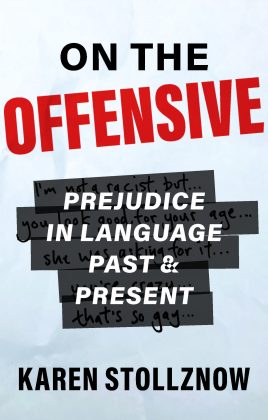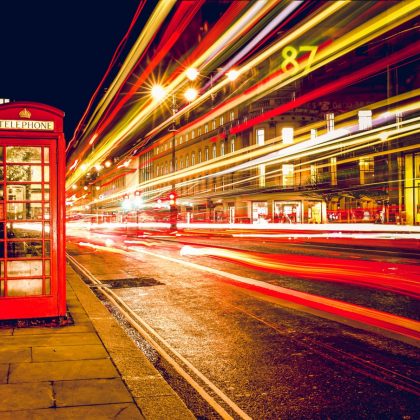Reclaiming History Through Language
A group of residents living on Russell Island, off the coast of Brisbane, Queensland, are petitioning to change the island’s name to an indigenous one. In the 1840s, the island was named after Lord John Russell, the Secretary of State for the Colonies. The current Queensland government is considering changing place names associated with British aristocrats and politicians who were in favor of slavery. In the case of Lord Russell, he had voted against slavery abolition laws introduced in Britain in the early nineteenth century. The petitioners seek to transition the name to Canaipa Island, its Aboriginal equivalent. Canaipa is a Yugambeh-Bundjalung word meaning “place of ironbark spear/digging stick”, which is used by the Quandamooka and Yugambeh people, who assert traditional ownership of the land.
The proposal has caused outrage among some members of the community, although this kind of renaming is not new. In 1873, the iconic red sandstone rock formation in the Northern Territory was named Ayer’s Rock, in honor of the Chief Secretary of South Australia, Sir Henry Ayers. The landmark is sacred to the local Pitjantjatjara people who call it “Uluru”. In 1993 a dual naming policy allowed the use of the traditional Aboriginal name as well as the English name, while today it is most popularly known as Uluru. More recently, two mountains in the Rockhampton area of Queensland had their indigenous names reinstated last year. Jim Crow Mountain, named after the U.S. Jim Crow racial segregation laws, is now Mount Baga, which holds significance to the Darumbal Aboriginal people. Nearby Mount Wheeler is another name with colonial connotations, and as the traditional home of the Darumbal people it has now been renamed Mount Gai-i.
The Canaipa Island/Russell Island petition is following a trend in changing names that are deemed to be culturally and racially insensitive. This year in the United States, in light of the murder of George Floyd and the Black Lives Matter protests, a number of companies have pledged to change their product names that reflect racial stereotypes. Aunt Jemima, the brand of pancake mix, syrup, and breakfast foods, was named after the racial caricature that appeared in Minstrel Shows, and so the company has vowed that the image will be removed and the brand renamed. Similarly, the Uncle Ben’s rice logo, featuring an older African American man wearing a bow tie, will be changed along with the brand name. The name is offensive because during the Jim Crow era, black men were often referred to as “Uncle” or “boy” to avoid using the respectful honorific “Mr.” Even the Washington Redskins, who’ve long been resistant to changing their name, have finally agreed to do so, adopting the temporary name of the Washington Football Team.
Back in Australia, the cheese brand “Coon” has been sold since 1935. The product was originally named after its American creator, Edward William Coon, who patented a cheese making method that became known as the Cooning process. The word is also a slur, because it labels a racial caricature that also goes back to the days of minstrel shows. It has long been offensive to indigenous Australians too. Despite decades of resisting campaigns to change the name, the makers have only now agreed to retire it to help “eliminate racism”, amid Australian involvement in the Black Lives Matter protests. However, many brand name changes pre-date the Black Lives Matter movement. In 1985, Colgate-Palmolive acquired 50% of the Chinese company that owned “Darkie toothpaste.” The product’s logo and name were inspired by singer Al Jolson and his minstrel performances, his “blackface” makeup emphasizing the whiteness of his teeth. In 1989, CEO Ruben Mark issued an apology, changed the logo to a racially ambiguous man in a top hat, and renamed the toothpaste “Darlie”. In June 2020 the company resolved to further review the brand.
These kinds of changes are often criticized as “political correctness” and railed against as frivolous, although they reflect changing social attitudes and perspectives. Place names and brand names that were chosen in the past may no longer have relevance or be considered appropriate today. Some places already had indigenous names that were erased by colonization. Many existing names have negative colonial connotations or make references to enslavement, racial segregation, and other forms of discrimination. These names carry historical baggage that is offensive to indigenous people and other groups, and continues to marginalize and alienate them. From removing statues to changing offensive brand names and place names, these are acts of respect for affected groups, while this has been an ongoing process for decades. This is not about demonizing historical figures, but viewing history through modern eyes. This kind of change is not about “rewriting history”, but is about reclaiming history.
For a further discussion of related topics, see Karen’s forthcoming book ‘On the Offensive: Prejudice in Language Past and Present’.







